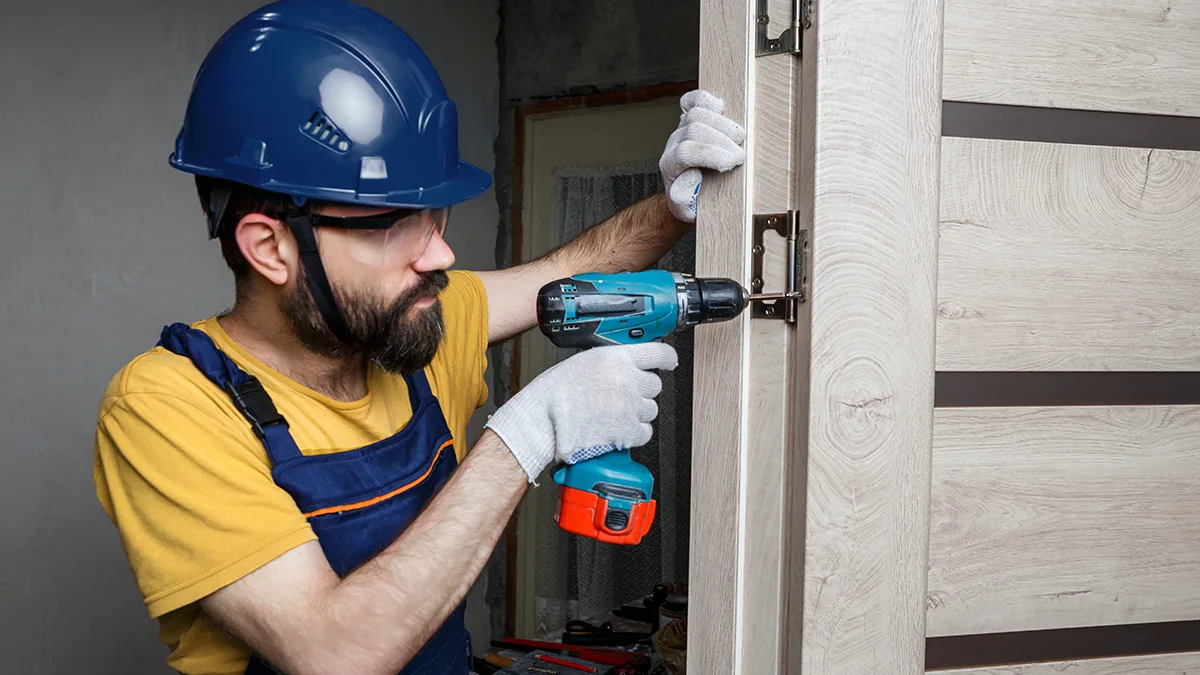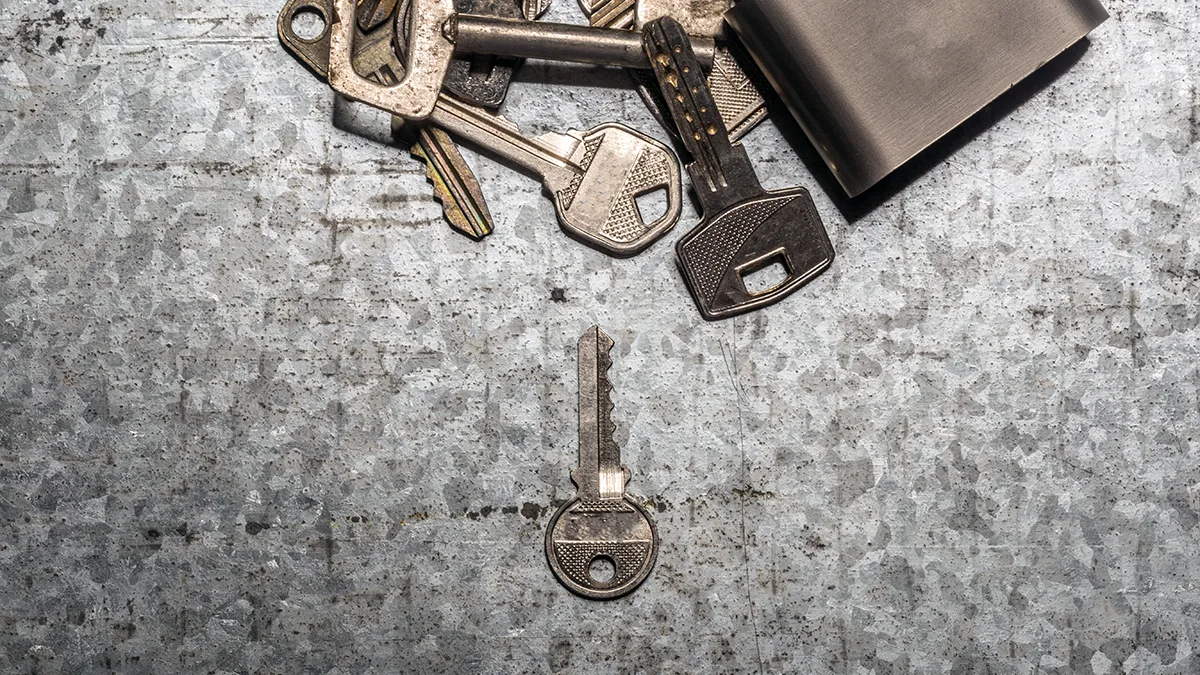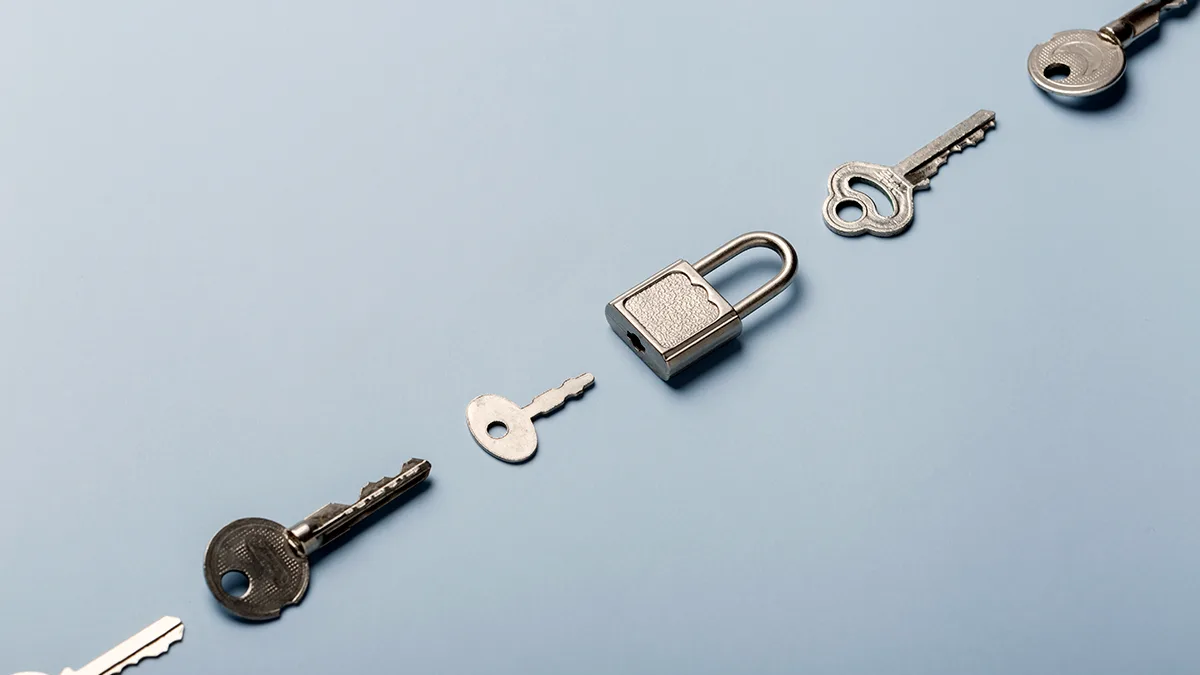The Hidden Costs of DIY Lock Repairs and How to Avoid Them. In a bustling city…
Signs That Your Door Locks Need Replacing
Signs That Your Door Locks Need Replacing. When it comes to the security of your home or business, the importance of robust door locks cannot be overstated.
In London, where property crime can be a concern, ensuring that your door locks are in optimal condition is paramount.
As we approach 2025, it’s essential to stay informed about the signs that your door locks need replacing.
This article will outline key indicators that your locks may be due for an upgrade, helping you maintain the security of your property.
Does Your Door Locks Need Replacing?
1. Worn or Damaged Locks
One of the most obvious signs that your door locks need replacing is visible wear and tear.
If you notice that the keyhole is becoming difficult to insert your key into, or if the lock itself appears rusted or corroded, it may be time to consult a locksmith.
In London, where the weather can be harsh, exposure to the elements can significantly impact the longevity of your locks.
Professional Insight:
A qualified locksmith can assess the condition of your locks and provide recommendations.
They may suggest replacing the lock entirely if the wear is significant or if the internal mechanisms are compromised.
2. Difficulty Turning the Key
If you find yourself struggling to turn the key in the lock, this is a clear indication that your door locks need replacing.
Difficulty in operation can stem from several issues, including internal wear or misalignment of the lock mechanism.
Why This Matters:
A malfunctioning lock not only poses a risk to your security but can also lead to further damage.
For example, forcing a key into a stubborn lock can break the key, leaving you with a more complicated problem.
3. Frequent Key Jamming
Experiencing frequent key jams is another sign that your door locks may need replacing.
If you have to jiggle or wiggle your key to get it to turn, this could indicate that the internal components of the lock are failing.
Expert Recommendation:
If you frequently encounter this issue, it’s advisable to consult a locksmith in London to evaluate the lock’s condition and discuss possible replacements.
4. Increased Break-ins in Your Area
As crime rates fluctuate, it’s essential to stay informed about the safety of your neighbourhood.
If there has been an increase in break-ins or attempted burglaries in your area, it may be time to reassess your security measures, including your door locks.
Taking Action:
Consider upgrading to high-security locks that offer enhanced protection against tampering and forced entry.
A locksmith can provide guidance on the best options available for your specific needs.
5. Old Locks
If your locks are over a decade old, it’s wise to consider replacing them, regardless of their current condition.
Locks, like any other mechanical device, have a lifespan, and older locks may not provide the same level of security as modern alternatives.
Why Upgrade?
Newer lock technologies often feature improved security measures, such as anti-pick and anti-drill designs, which can significantly enhance your home’s safety.
6. Moving into a New Property
When you move into a new home, it’s always a good idea to change the locks, even if they appear to be in good condition.
You can never be certain how many copies of the keys exist or who may have access to your property.
A Wise Investment:
Changing the locks upon moving in is a small investment for peace of mind.
A locksmith in London can assist you with this process, ensuring that your new home is secure from day one.
7. Lock Has Been Forced Open
If you have experienced a break-in or an attempted forced entry, it’s crucial to replace the affected locks immediately.
Even if the lock appears to be functioning, it may have been compromised internally, making it less secure.
Immediate Action Required:
Contact a locksmith right away to assess the damage and replace any locks that may have been tampered with. This will help restore your home’s security and provide you with peace of mind.
8. Unusual Noises When Locking or Unlocking
If you hear unusual noises, such as grinding or clicking sounds when locking or unlocking your door, this could indicate a problem with the internal mechanisms of the lock.
What to Do:
Don’t ignore these sounds; they are often a precursor to a lock failure. Consult a professional locksmith to inspect and potentially replace the lock to avoid being locked out or unable to secure your property.
9. Locking Mechanism is Loose
A locking mechanism that feels loose or wobbly is another sign that your door locks need replacing. If the lock is not securely attached to the door, it may not function correctly, compromising your security.
Importance of Professional Help:
A locksmith can tighten the lock or recommend a replacement if necessary. Ensuring that your locks are firmly in place is crucial for maintaining a secure environment.
10. Smart Lock Issues
As technology advances, many homeowners are opting for smart locks for added convenience and security. However, if your smart lock is frequently malfunctioning, disconnecting from your network, or exhibiting erratic behaviour, it may be time to consider a replacement.
Considerations for Smart Locks:
When choosing a smart lock, ensure that it is compatible with your home’s security system and offers features such as two-factor authentication for added security.
As we move towards 2025, the importance of maintaining secure door locks cannot be overstated. Recognising the signs that your door locks need replacing is essential for safeguarding your home or business in London. Whether it’s visible wear, difficulty in operation, or changes in your neighbourhood’s safety, being proactive about your locks can prevent potential security breaches.
If you identify any of the signs mentioned in this article, don’t hesitate to contact a professional locksmith. They can provide expert advice and assistance in selecting and installing new locks that meet your security needs. Remember, when it comes to your safety, it’s always better to be safe than sorry.




Comments (0)